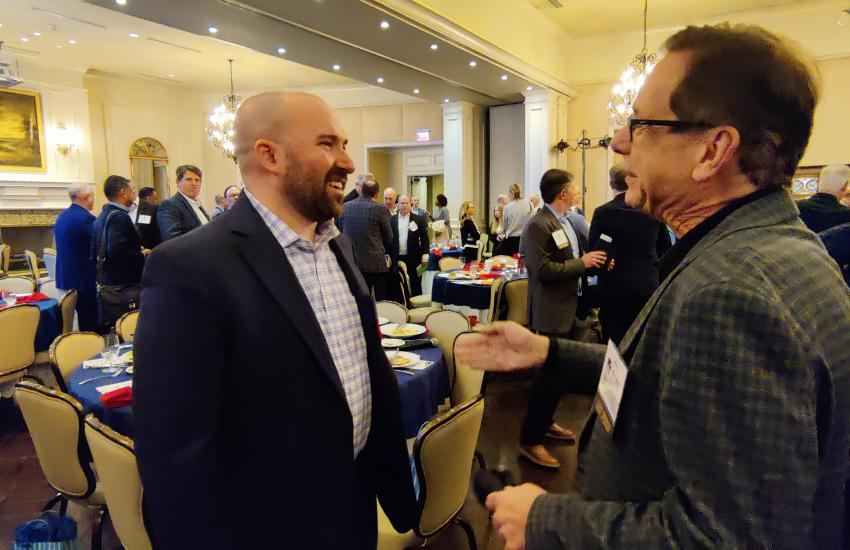Partnership With DISA Has Three Ps
Speakers from Defense Information Systems Agency (DISA) laid out the needs of the agency when evaluating business with potential suppliers. The organization’s focus is on supporting warfighters with technological capabilities including command, control and information sharing.
“The three things I think about on a day to day basis… is first and foremost possible to sum [them] up and give you three Ps” said Lt. Gen. Robert Skinner, USAF, director, DISA.
“Posture, how are we postured today to meet the threat that we know is there today in competition and potentially there in crisis and conflict,” Gen. Skinner said.
“The second thing is how do we position ourselves at an advantage?” he added, going on to the third point and what he considered most important for a business audience: “Partnerships, how do we improve the partnerships that we have today?” the general completed.
Addressing business leaders at an AFCEA Washington DC Chapter event, Gen. Skinner led a panel of DISA experts to help companies engage with the agency.
The speakers explored the construction of partnerships and what each one expects from developing business beyond the letter of a contract.
“Are we partners in a relationship, or are we in agreement with a contract?,” questioned Sgt. Maj. Daniel Krause, USMC, senior enlisted advisor, DISA. Maj. Krause explained that legal compliance is only part of the type of engagement the agency seeks with businesses, but in reality it goes beyond pure economic exchange.
“In my eyes, a partner tells us what we need to know, even when it’s not to their necessary benefit,” said Stephen Wallace, chief technology officer, DISA.
Stressing transparency, Wallace addressed an instance where a company offered advice that was not presenting their own products under a favorable light; he saw this as a long-term strength. “That open line of communication builds a lot of trust and things have a way of working out down the line, so I really appreciate those discussions,” he said.
Are we partners in a relationship, or are we in agreement with a contract?
Builders know their creations in full detail and, in many cases, strengths that could be capitalized beyond formal specifications.
“Good partners bring ideas to the table to help us be more effective with regard to getting some operations,” said Don Means, director of the Operations and Infrastructure Center, DISA. Such relationships help the organization use tools to their full capacity and find efficiencies that can be transferred to the services, Means explained.
As the organization brings capabilities that have to cover the world, one technical aspect is in actually reaching the whole planet.
“My partnership begins with the cloud service providers which have partnerships across the globe, with integrators, with cloud solutions sets,” said Ryan McArthur, DISA’s Joint Warfighting Cloud Capability manager.
“I know that you guys already do this today in industry, but also pushing this up into the classified space is paramount to the department’s success going forward,” McArthur said.
The panel was moderated by Chief Master Sgt. (Ret.) David Klink, former senior enlisted advisor, DISA.
Technology Face Time

Joint Warfighting Cloud Capability

Advice from the Advisor





Comments